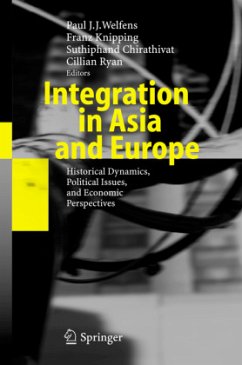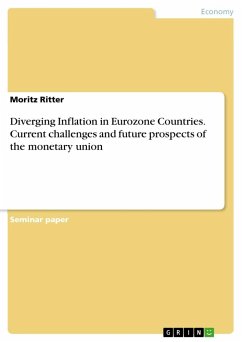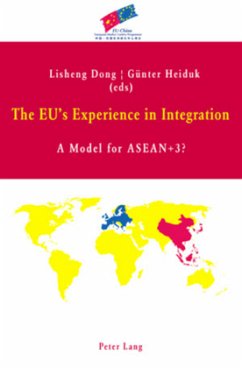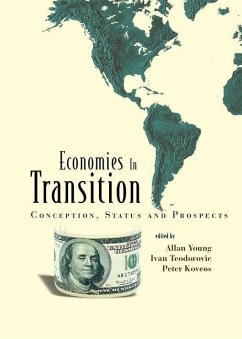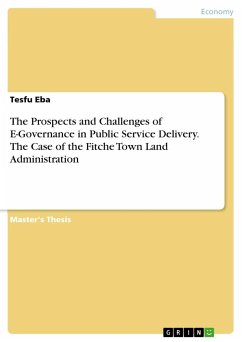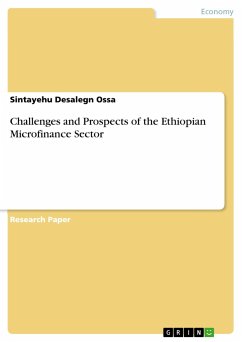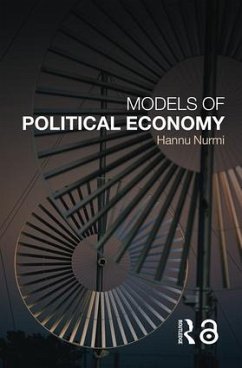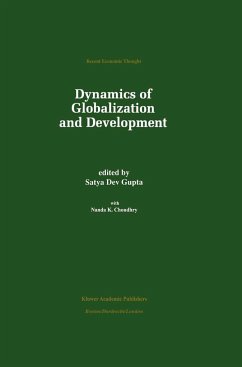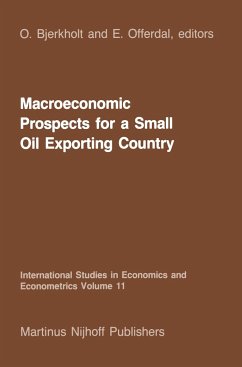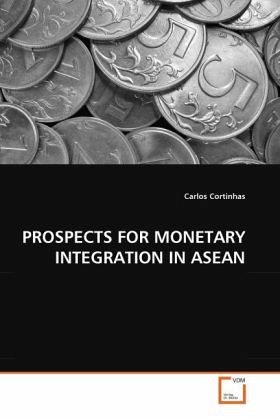
PROSPECTS FOR MONETARY INTEGRATION IN ASEAN
Versandkostenfrei!
Versandfertig in 6-10 Tagen
45,99 €
inkl. MwSt.

PAYBACK Punkte
23 °P sammeln!
In the past two decades, a new resolve for both increased economic integration and monetary and exchange rate cooperation has started to emerge in ASEAN, especially since the 1997-1998 Asian financial crisis. This book addresses the question of whether there are sufficient economic reasons to justify such a move. The first chapter presents an historical overview of the integration process in ASEAN. The following two chapters present a review of the main theory and empirical works on optimum currency areas. The fourth chapter investigates whether structural shocks among ASEAN countries are beco...
In the past two decades, a new resolve for both increased economic integration and monetary and exchange rate cooperation has started to emerge in ASEAN, especially since the 1997-1998 Asian financial crisis. This book addresses the question of whether there are sufficient economic reasons to justify such a move. The first chapter presents an historical overview of the integration process in ASEAN. The following two chapters present a review of the main theory and empirical works on optimum currency areas. The fourth chapter investigates whether structural shocks among ASEAN countries are becoming more symmetrical over time, thus investigating whether this region is becoming better prepared to introduce a common currency. The fifth chapter studies the degree of relative price adjustment in ASEAN by providing a study on the degree of exchange rate pass-through into domestic prices, using the distribution chain of pricing. The sixth chapter researches whether the recorded increase in intra-ASEAN trade is moving ASEAN members towards closer economic integration by applying a new panel data methodology. The final chapter presents the main conclusions.



